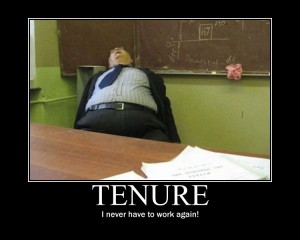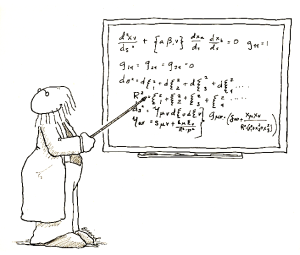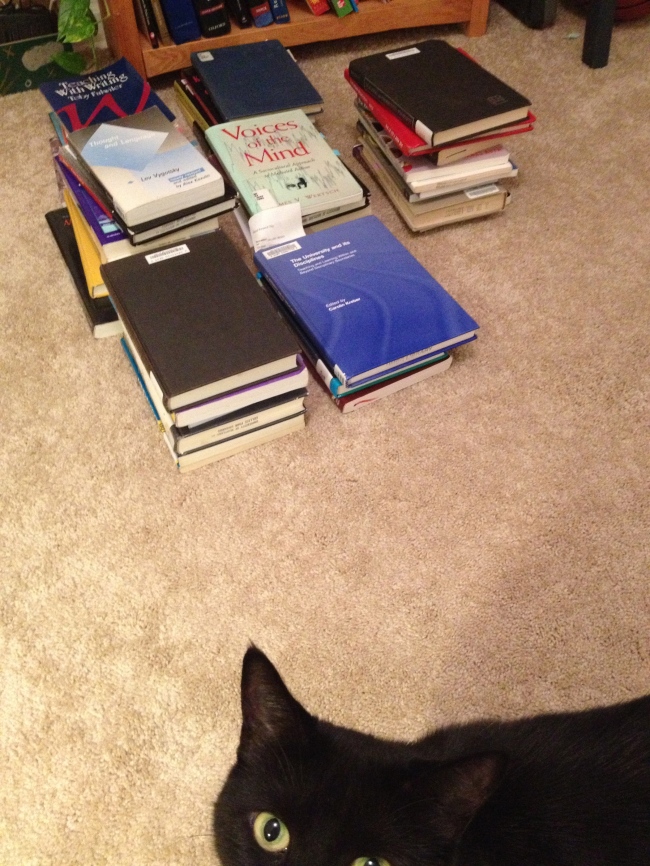Before grad school I used to teach writing. Aside from receiving the occasional student paper on hotly contested political issues (the importance of teaching intelligent design in science class, the im/morality of abortion, the ineffectiveness of gun control laws, and the perennial favorite, the imperative to legalize marijuana), I rarely found myself in a situation where I was actually exploring any of these issues with my class as a whole. And, as a writing teacher, I could focus on responding to my students not in terms of whether I agreed with them or not on these issues, but in terms of the rhetorical effectiveness of their arguments. For example, I could tell them that no, it’s not credible to rely on the Bible as your only source, or no, biological evolution does not mean that we are watching giraffes’ necks grow longer in one lifetime. In other words, I could pass my students off to more varied, more credible sources and trust (and hope) that they would take the time and effort to inform themselves.
Now, as a graduate student in the College of Education, I teach education courses. The missions of these courses are not as cut and dried as the composition course (or at least the composition course as I used to see it). I am teaching future English teachers, and the preparation of future teachers necessarily includes a wide array of issues that are inherently political. Some of these issues include: whether it is effective or morally appropriate to impose “Standard American English” on students; whether English teachers should introduce, via literature, “risky” subjects like sex, suicide, drugs, bullying, and racism to their students; how tracking practices move middle class white kids into courses that accelerate their learning and academic success, whereas remedial and special education courses maintain a very low bar for minorities and English Language Learners; how teachers will deal with pressures from school, district, and state to emphasize test prep at the expense of science, social studies, art, and physical education. Maybe I had been naively avoiding it, but for the first time in my teaching career I am finding that contested political and social issues are not only trickling into class discussion, but are central to the curriculum.
To take a specific example, this semester I am teaching a course called Literature, Mass Media, and Schooling: The Formation of Group and Individual Identity. The goal of the course is to get students to start thinking about the ways that social institutions like the mainstream media and schools shape our identities. A necessary component of the course is the examination of “dominant” and “subordinate” identities. These identities are determined by such roles as gender, race, ethnicity, socioeconomic status, physical ability, age, and a hundred other things, and you probably don’t need me to tell you which aspects of each role (i.e., male/female) historically fit into which identity category (i.e., dominant/subordinate). And of course, these roles criss-cross and so each of us develops identities that are at times dominant, at times subordinate. As a white, American, well-educated woman I don’t often consciously find myself in a subordinated position, though research shows that women in my profession are still trailing men in terms of hiring, advancement, and compensation. Female (and male) faculty of color face a whole other set of obstacles (see, e.g., Ford, 2011).
So if university faculty, one of the most elite American professions, are facing varying degrees of difficulty based on social identities, how are younger people doing? It probably comes as no surprise that in K-12 schools across the country, poor brown kids don’t score as well on standardized tests, have lower GPA’s, are less likely to graduate, and less likely to go to (and graduate from) college. Isn’t it my job as a teacher educator to figure out why this is so, and what we as teachers can do about it?
Amazingly, my efforts to introduce undergraduates to the inequities that subordinate groups encounter in school and society are often met with reactions that range from glazed over passivity to angry disagreement and resentment. This week, for example, I introduced my class to the work of Claude Steele, whose research on what he calls stereotype threat has shown that women (who are equally proficient in math as their male counterparts) perform less well than men on math tests EXCEPT when they are told that the exam has been tested for gender bias. In other words, when women are told that in the past other women have performed just as well on a test as men have, then they themselves perform just as well as (in fact, a bit better than) the men on that test. In another study, Steele gave a control group of African Americans an IQ test; he gave the treatment group the same test, but to that group he didn’t call it a “test,” he called it a “puzzle.” The group that solved the “puzzle” performed much better. As Steele and other researchers hypothesize, the subordinate groups were not distracted by the social narratives that women aren’t as good at math, and that black people don’t test well. Just the tacit existence of these stereotypes causes certain groups to underperform, because the stereotypes are distracting and eat up vital mental energy. It is important to note that, depending on the context, dominant groups can be affected by stereotype threat too (watch the Steele clip I hyperlinked above for more on this). For the purposes of education, however, this research is enlightening insofar as it helps us to understand historically marginalized groups.
Thinking that Steele’s work would provide an interesting empirical explanation for achievement gaps, I was surprised by my students’ reactions. A number of them responded by quarreling with Steele’s methodology (“there’s no correlation between the scores and gender/race– he’s just making an assumption;” “there weren’t enough statistics and graphs to make his results credible;” “I’m a female engineering student and if I told my parents that I was struggling because I’m a girl, they’d tell me to just work harder, and they’d be right.”). And the remaining students? They sat there, quiet.
It’s classes like these that make me question myself and think of this report, which argues that too many college professors are pushing their social agendas onto their students. When my students are defensive and resentful that I’ve introduced them to research that questions the damaging effects of white privilege, I wonder to myself: What right do I have to talk about this? Am I doing the wrong thing? Am I pushing an unfounded ideology?
As this Stanford Daily piece shows, the NAS report presents faculty’s political identification as mutually exclusive of course quality. When teachers get political, in other words, the course quality suffers. But what if the course content is inseparable from ideology? What if recent scholarship demonstrates that in order for education to improve, ideologies must be examined, and status quo discriminatory practices must be addressed? I think that some would argue that college curriculum should consist of facts only, and should be divorced from any hint of political stance. To teach otherwise is to be a rogue, an “activist.”
Arguing against Stanley Fish’s admonition that instructors should “keep out of the classroom everything but what is specific to your discipline and its methodical search for truth” and that teachers should “save the world on [their] own time” (Bizzell, 2009, p. 181), Patricia Bizzell claims that she couldn’t do this even if she wanted to. Aside from the fact that often “course material is itself political” (p. 181) as I discussed above, the purpose of teaching is to help students to succeed in the world, and to help them make it a better place. Doing so is “especially valuable for purposes of social redress if the students come from marginalized groups” (p. 185). From the moment I first stepped into a classroom as a teacher, I felt I’d found my calling. Not because all the students in the world need to know the three rhetorical appeals and how to craft a thesis statement, but because learning how to be rhetorically effective is empowering. Students who can write and communicate have a better shot at succeeding, and at empowering others in turn through callings of their own. This might be why most professors identify as liberal– because education is at its very core about making change for the better.
If I am put at ease by these thoughts (and honestly, I’m often not), then Bizzell’s final point packs a pretty strong punch. She has “never found students to be so biddable and easily manipulated as the agitators against so-called political correctness seem to think they are” (2009, p. 186). To assume that my adult students are putty in my ideological hands does them a disservice. Following this logic, I should push them. And as uncomfortable as it can be when they push back with views that confound me, I can only suppose that our sometimes opposing values coming together in a healthy antagonism is a sign that real learning is taking place.
(Un-hyperlinked) Works Cited
Bizzell, P. (2009). Opinion: Composition Studies Saves the World! College English, 72(2), 174–187.
Ford, K. A. (2011). Race, Gender, and Bodily (Mis)Recognitions: Women of Color Faculty Experiences with White Students in the College Classroom. The Journal of Higher Education, 82(4), 444–478. doi:10.1353/jhe.2011.0026








